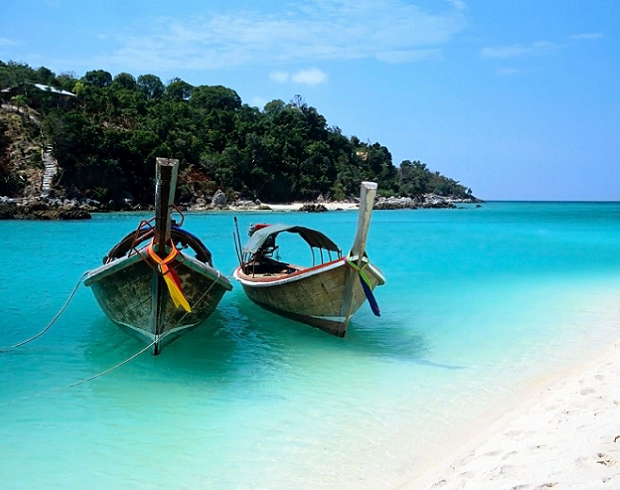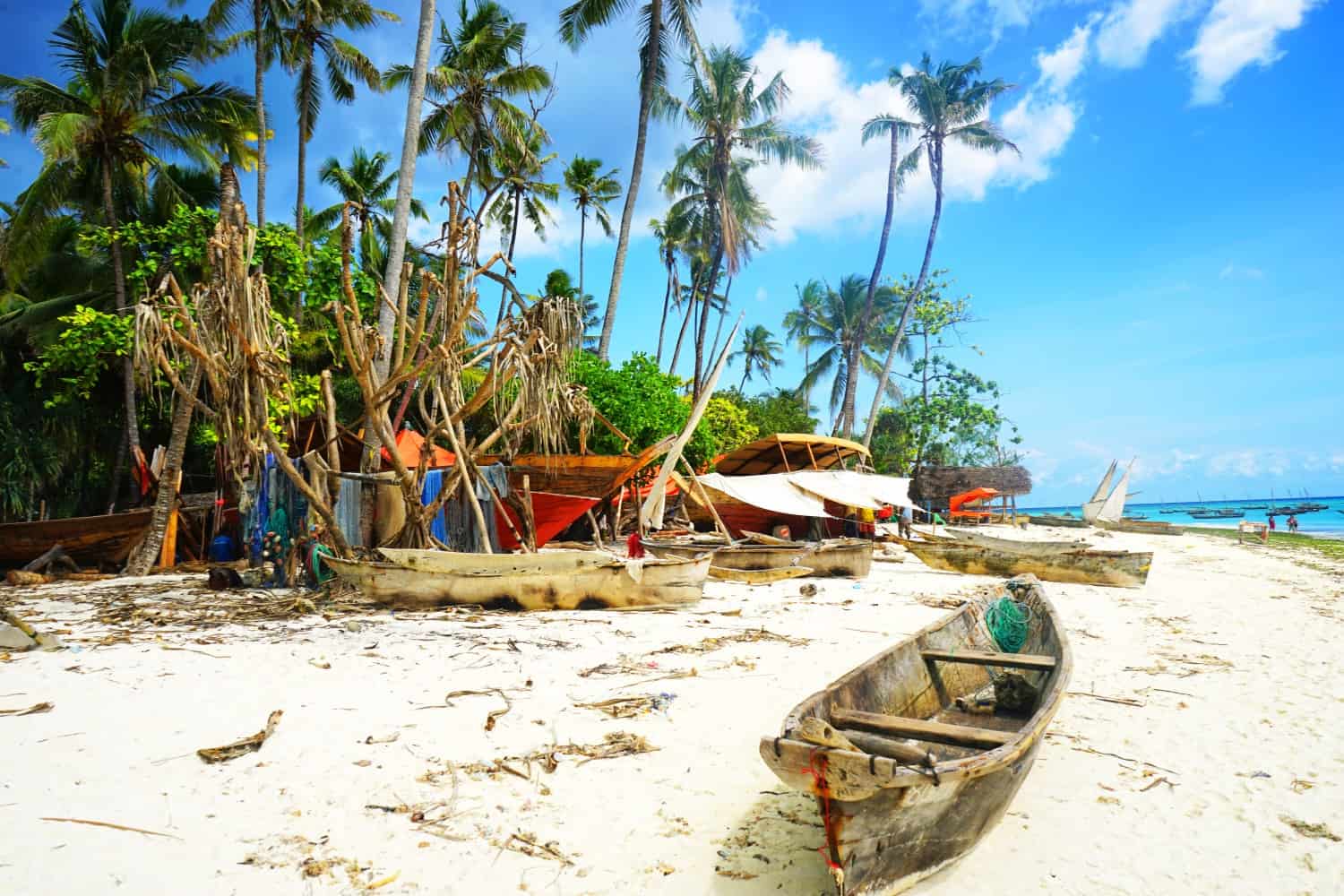I was visiting some friends in Dar es Salaam last weekend and we were driving around the city looking for a place to have a late lunch.
We came to a set of lights where there was a road to our left, which my friend wanted to turn into. The road was designed with a slip way to allow for easy traffic flow for cars wishing to turn left, but there was also a zebra crossing right before the end of the turn. My friend hesitated a little, as the lights were red and she was wondering if she could make the left turn since there was no oncoming traffic. Seated by the side of the road were a male and female traffic officer. The 5 pm sun was smoldering hot as it languidly set in the west and the traffic officers were clearly marking time under the shade of a scrawny tree waiting to clock off. My friend and I both turned at the same time to look at the police officers as she wondered out loud whether she could make the turn. The female officer began laughing and whispered something to her male colleague, who simply shrugged his shoulders.
She stood up slowly, stretched her arms and then ambled to the car. “Madam, umefanya makosa,” she mirthlessly informed the driver of her error. “Failure to observe zebra,” (sic) she said as she pointed where to park on the side of the road. But what happened next is what amazed this Kenyan passenger. My friend removed her driving licence and walked to the traffic officer. She was invited to take a seat on the makeshift bench under the scrawny tree and the traffic officer proceeded to type furiously into a hand held device. 15 humid minutes later, my friend came back to the car carrying a little slip of paper the size of a credit card receipt. She started the car and we drove off.
“So what was the verdict?” I asked, making the very Kenyan assumption that a kangaroo court had been held as was atypical in both Tanzania and Kenya where any traffic stop occurs. “I have been given a ticket and seven days to pay it via mpesa” was the matter-of-fact reply. It’s just as well that I was the passenger doing nothing more than spectating when such East African shattering news was being relayed as calmly as if one was picking ticks off a dog’s back. My friend who has lived for many years in Kenya quickly realized that her nonchalance was misplaced. “Oh, yeah. Things have changed in the new regime. Traffic cops have to give you a ticket which states your offence and then you can pay it via mpesa within 7 days. They have to charge you there and then if you commit a traffic offence.”
I grabbed the ticket and took a snapshot immediately for the sake of posterity. The little slip of paper had the name of the driver and her licence details, car model, registration number of the car, the details of the owner of the car (may I add that it was a car hire and the car hire company’s name was recorded on the slip since the machine is connected real time to the vehicle registration registry) and the name and identity number of the traffic officer. The puny little document packed quite an information punch as the traffic offence that was committed was clearly stated, “Failure to observe a pedestrian zebra crossing Section 65”, as well as the mobile number of the hand held machine, location of the offence and various payment methods at banks or via mpesa.
My friend paid the fine the next day, as we headed to the airport. By this time I had observed how Dar drivers religiously stopped at zebra crossings and traffic lights even on a Sunday. I was informed that due to the numerous traffic cameras around the city, offending drivers who did not pay their fines could easily be traced. Law enforcement has changed the behaviour of Dar drivers. More importantly, even though I couldn’t get the information on time, it looked like the traffic officers had a daily financial target to meet which would then motivate them to issue tickets like candy at a toddler party thus enforcing the law zealously. If you’ve ever driven on Tanzanian roads in the past, you will recall that their traffic cops’ ability to extract “chai” made our boys-in-azure-blue look like wilted tea bags. That has changed. Significantly. If the Tanzanians can do it, so-help-the-corruption-tin-gods, so can we.
Twitter: @carolmusyoka

 carolmusyoka consultancy
carolmusyoka consultancy
 @carolmusyoka
@carolmusyoka



